

Our behaviors drive our results. But what drives behavior? This course is about addressing the source of behavior in order to achieve lasting change.
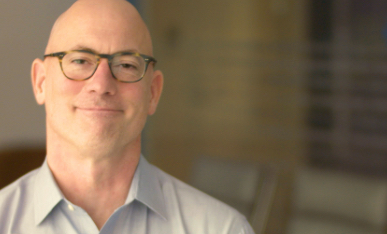
Efforts to change behavior are always limited by our ability to address and change what drives and motivates behavior. Explore what makes change efforts 400% more likely to succeed.
The problem of not knowing that I am a problem may be the single biggest issue in the people-related challenges we face at work and at home.
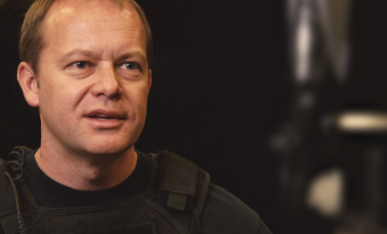
Discover why we resist seeing the challenges we create for ourselves and others and what can bring us back to reality.
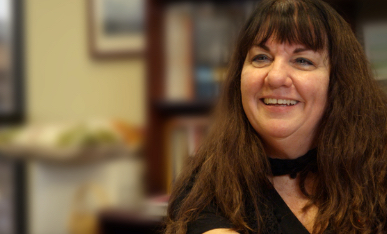
In every moment, we either see others as people or as objects. This fundamental distinction changes our experience with others and their experience with us.
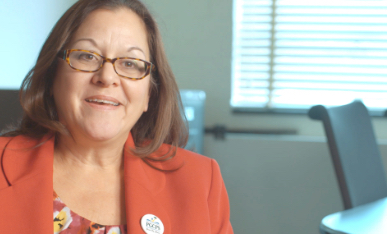
It is not what we do or the style we adopt that ultimately influences others most. No matter what we do on the surface, people can sense how we see and regard them.
Radical self-awareness requires a completely new understanding of the origin of our problems. Our problems may not originate outside of us. We may be responsible.
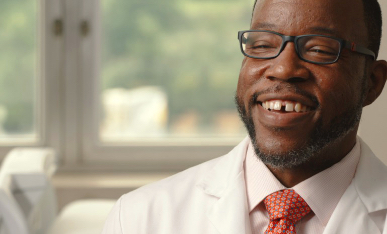
Explore the ways we betray our deepest sense of what others need from us and how we then tell stories to ourselves to shift the responsibility for our actions onto others.
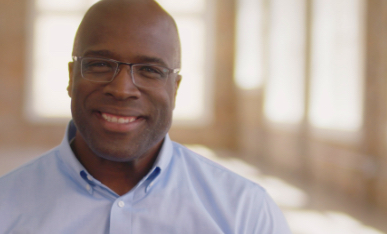
Our experience of others depends in large part on our willingness to honor our own senses regarding others. When we betray this sense, we create a need to be justified.
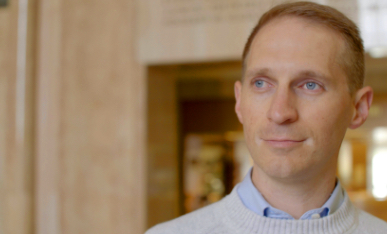
When I believe a lie of my own making, it is impossible to get back to the truth again unless there are tell-tale signs of this lie that I can recognize.
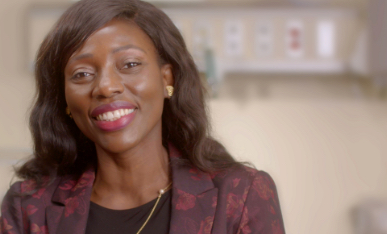
With an inward mindset, we seem confronted with a false choice between two different courses of action—neither of which are effective.
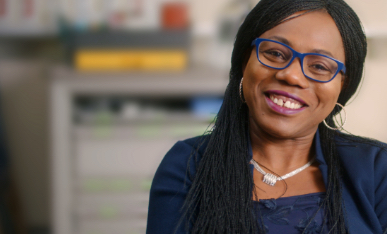
This tool provides a simple and effective reality check—a way to sort fact from the self-serving fantasies of the box.
We each carry something we remain largely blind to—a view of ourselves and others that isn’t the truth but which we are careful to preserve at all costs.
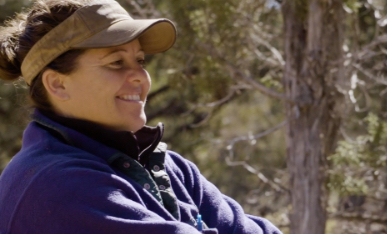
Discover the ways we adopt and become invested in false views of ourselves and the way these get in the way of achieving the results we want.
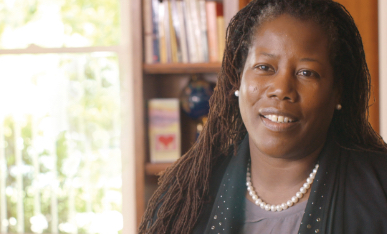
We can find justification by elevating ourselves above others. Once this way of seeing ourselves and others becomes characteristic, we will no longer be focused on results.
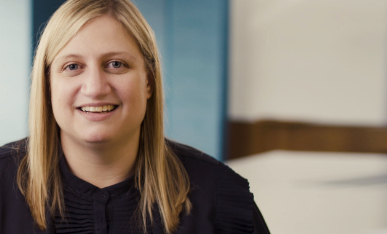
The other way we find justification is to see ourselves as worse than others. Concerned that our deficiencies will be discovered, our life becomes a pretense, a performance, a façade.
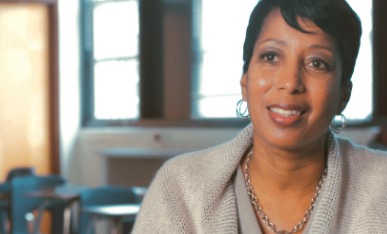
This tool outlines a simple process to discover the distortions our inward box styles impose on every situation and uncover new solutions.
Understanding the heart of conflict enables us to find ways not only to manage our conflicts but also to resolve and ultimately transform them.

We perpetuate conflict—even unknowingly—in our need to feel justified in treating others as objects. We call this collusion, and it is at the heart of conflict.
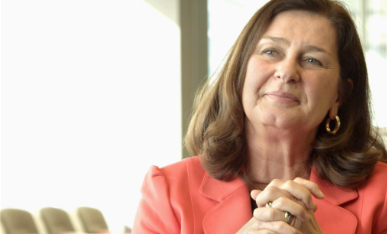
We enter collusions to perpetuate our conflicts and create the very problems we complain about.
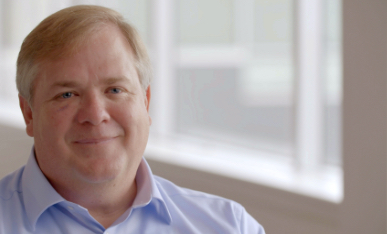
One of the easiest and most dangerous ways we justify treating others as objects is by gathering allies—those we recruit to our side of a collusion.
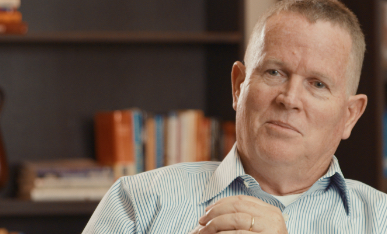
When we see that others matter like we matter, we refuse to be an ally in a collusion—and we send an important message.
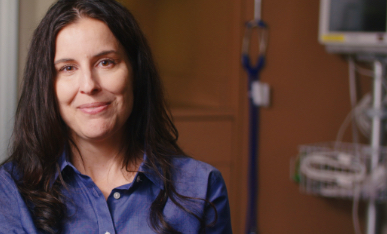
After diagramming our collusions, we can go deeper and learn to de-blame that collusion. Working through this process helps us turn outward.
Everything we do is intended to enable others to be more successful. To work with an outward mindset we must see others, adjust our efforts, and measure our impact.
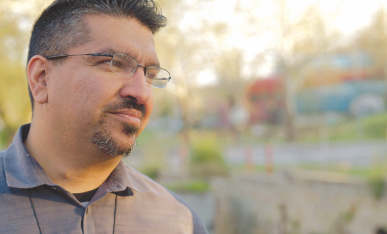
There is remarkable power in seeing those we impact as people. When others matter, we will find creative and innovative ways to adjust what we do in order to be more helpful.

Reconceive your job by identifying those impacted by your work and the degree to which you understand their needs, challenges, and objectives.
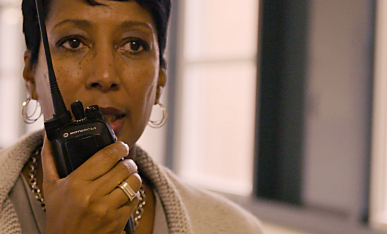
When we turn outward towards those we impact, we will see that learning about what they are trying to accomplish is central to doing our job well. In fact, it’s where we start.
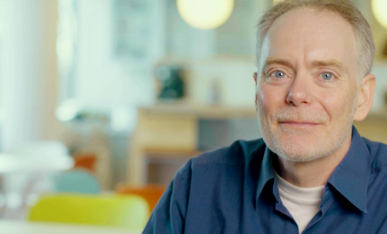
Explore a simple but powerful tool to help you and your teams stay focused on the purpose of your work by keeping those who are affected by your work front and center.
To be truly accountable, we must measure not only what we accomplish but also what others are able to accomplish as a result of the way we work.
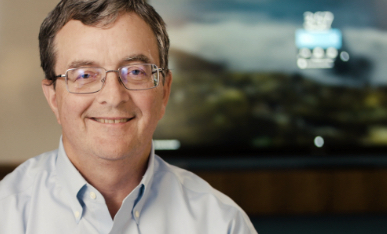
Having the right capabilities and putting forth the required effort is important, but it is not good enough. When we are outward, we are focused on our impact, not just our output.
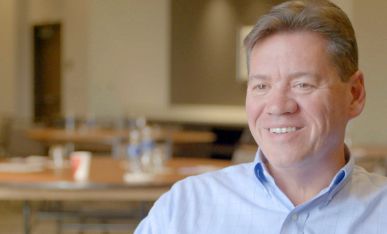
We turn our jobs outward when we identify who is impacted by our work and the degree to which we understand their needs, challenges, and objectives.
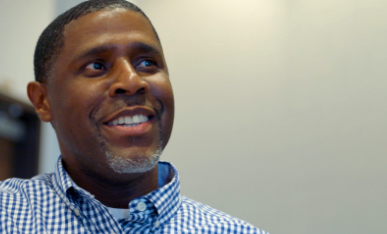
When we are outward we don’t wait for others to hold us accountable. We take the initiative to schedule, prepare for, and regularly report to our manager.
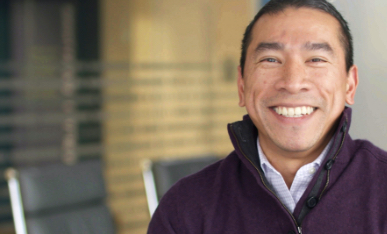
Holding ourselves accountable requires clarity regarding our roles in an organization and where we should be spending our time.
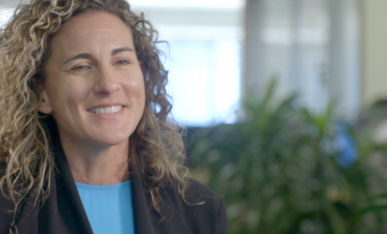
Regardless of our systematic efforts, we all lose sight of our impact on others and conflicts develop. In order to eliminate friction with others we need to take full accountability.
All of our efforts to invite real and lasting change in others will backfire when we are inward. Our influence depends on our mindset and rethinking our efforts to help others change.
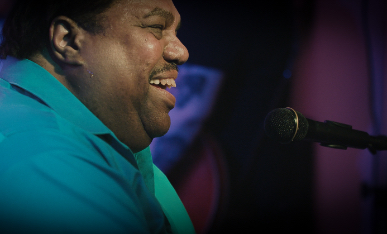
Explore the source and structure of influence—how we see and engage with others in order to influence even those who seem resistant to change.
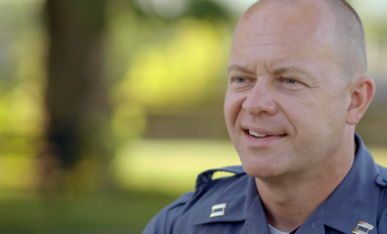
When others don’t respond to our correction, what can we do? Discover key principles to apply in the most challenging of situations.
When we are caught up in our self-justifications, the prospect of giving up our blaming and accusing narrative and emotions seems impossible.
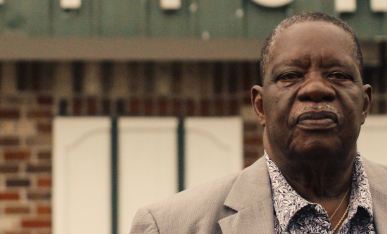
Turning outward when we have been mistreated is not only possible, it is the only way to claim a future that is impossible when we stay invested in blame.
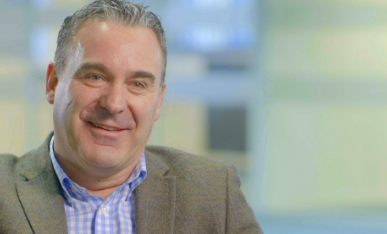
When we are trapped in a collusion, we wait for others to change and turn outward. The truth is, we are simply waiting for others to do what we are resisting doing ourselves.
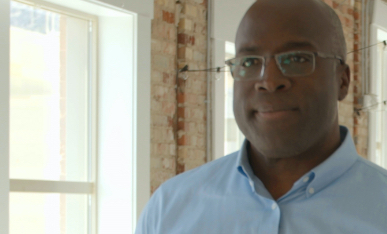
It feels dangerous and risky to make the first move to turn outward with those who are inward. But this is an illusion. The truth is that our safety lies in giving up the blindness of the box.
Everything in our lives—both at work and at home—is transformed when we see those who we impact as people who matter like we matter.
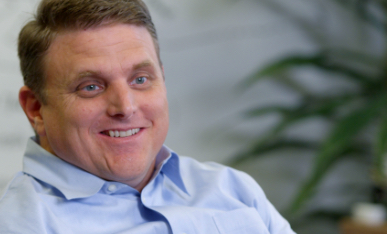
Our desire to be outward can too easily turn into a self-focused project. Our ongoing work is to stay focused on others. That focus changes both our experience and ourselves.
Only the first few videos are included in your sample course. To unlock the remaining features and learn how organizations use this training to transform their organizations, schedule a free consultation.
Thank you! An Arbinger consultant will be in touch shortly. We look forward to speaking with you.